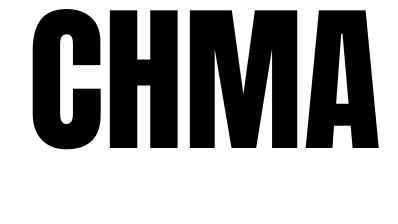Back from the brink: Wild salmon return to inner Bay of Fundy following efforts led by Fort Folly First Nation
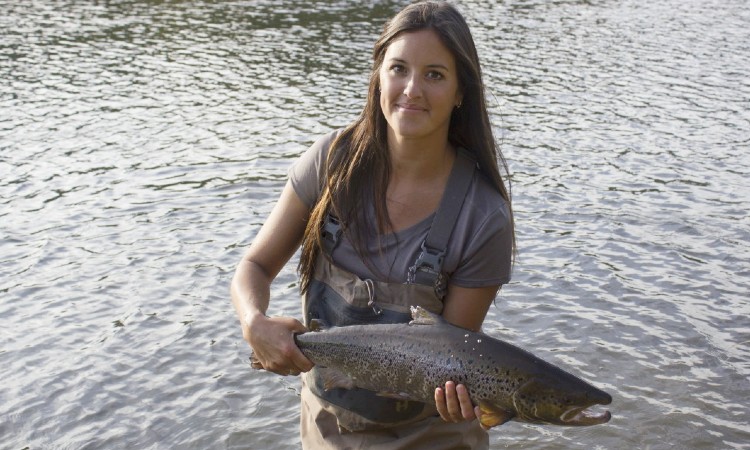

The Inner Bay of Fundy wild salmon population, which collapsed in the 1990s, is experiencing an apparent rebound following efforts led by Amlamgog, also called Fort Folly First Nation.
To mark the return of the endangered wild salmon this season, a ceremony is taking place to bless the waters for their safe passage at Alma Beach today, National Indigenous Peoples Day.
Tim Robinson, director of Fort Folly Habitat Recovery, credited the leadership of the small Mi’kmaw community with ensuring the survival of wild salmon in the inner Bay of Fundy.
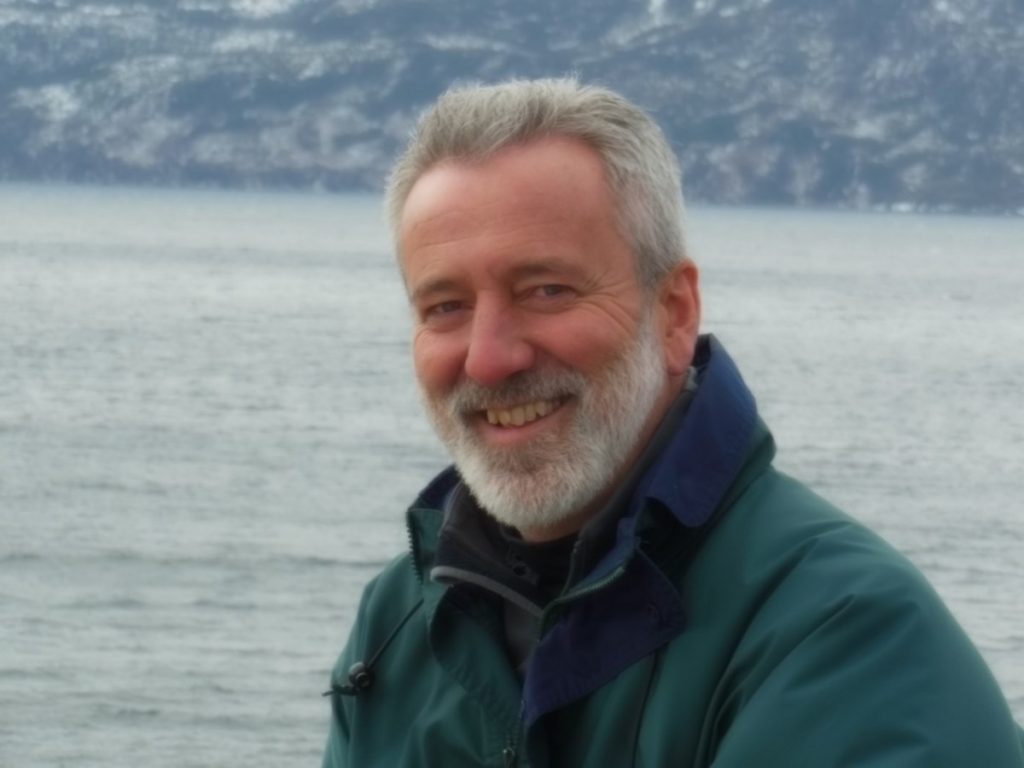
“Chief Rebecca [Knockwood] speaks of salmon as being traditionally, culturally one of those iconic species that’s so important to the First Nations peoples across Canada and the non-Indigenous people as well,” Robinson said in an interview with CHMA.
“People want salmon back in their rivers,” he said. “And, you know, we’re determined to do our part and make that happen, and it’s just not acceptable to be inactive.”
Listen to the report from CHMA:
Wild salmon saw a major decline throughout the Atlantic region starting in the 1980s, particularly in the area known as the inner Bay of Fundy, which includes some 50 watersheds north of the Wolastoq River.
That population has been listed as endangered under Canada’s Species at Risk Act since 2003. … Continue
Fort Folly among more than 250 Indigenous communities that experienced long-term water advisories 
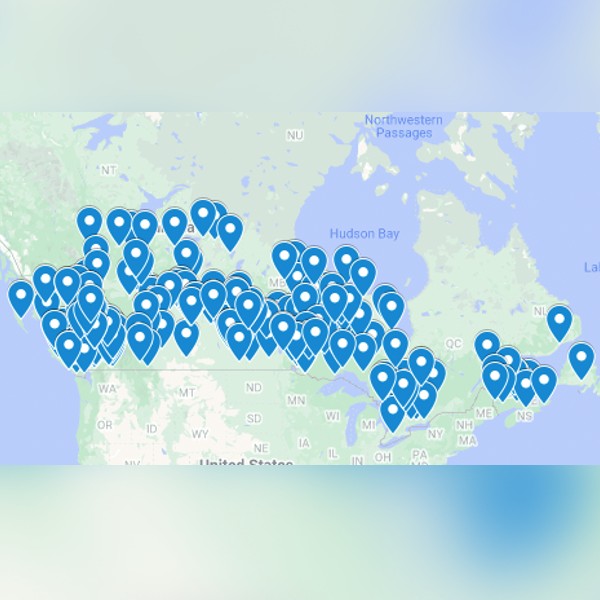
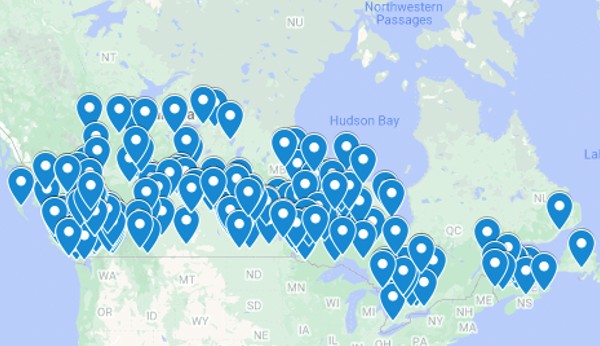
A map of the country is shot through with blue markers, each one pointing to a First Nation that has been affected by a long-term drinking water advisory, meaning that it lasted more than 12 months.
In recent years, the number of communities with unsafe drinking water has dropped, but the long-running problem has remained a source of embarrassment for Canada — and a hazard for residents of the affected communities.
Listen to the interview with Jaclyn McNamara of Toronto-based OKT Law recorded on December 13, 2022:
Now, funds from a massive class-action suit are meant to address ongoing problems with drinking water on reserves and compensate people and communities affected, although statutory limits mean that many individuals aren’t eligible. The deadline for claims is coming up on March 7.
More than 250 communities across Canada affected
In December 2021, the federal court and Manitoba’s Court of Queen’s Bench approved the $8-billion settlement between Canada and First Nations affected by drinking water advisories that lasted more than one year.
The class-action settlement applies to boil water, do not consume and do not use advisories. McNamara said about 262 communities that may be eligible had been identified by December.
An interactive map on the website for the class action shows locations across the country known to have long-term drinking water advisories during the time frames covered by the settlement. … Continue
Flags at half-mast, shoes memorial planned in recognition of children’s lives lost at Kamloops residential school
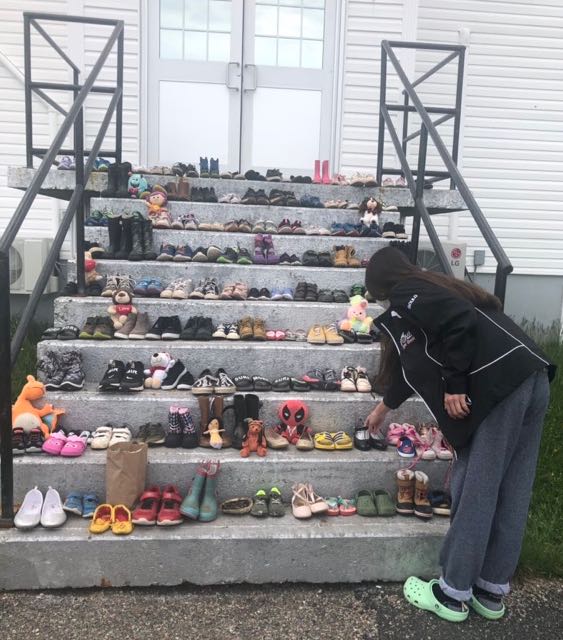

The town of Sackville and Mount Allison University have joined dozens of other entities across the country in lowering their flags to half-mast, and keeping them lowered for 215 hours, or about nine days, in recognition of the tragic news that the remains of 215 children were found on site of a former Indian Residential School in Kamloops, BC.
Some Sackville residents are planning a more personal memorial, and have taken on a mission to collect 215 pairs of children’s shoes to be displayed at town hall. The shoes memorial is similar to others that have been undertaken across the country in the wake of the discovery at Kamloops. Donations of shoes can be dropped off by 2pm Tuesday at 17 Wellington Street in Sackville. Organizers says shoes will be donated for reuse after the memorial is taken down.
Indian residential schools operated in Canada between the 1870s and the 1990s. The last Indian residential school closed in 1996. It is estimated that over 150,000 Indian, Inuit, and Métis children, between the ages of 4 and 16, attended Indian residential schools.
Premier Blaine Higgs tweeted Monday morning to say that flags at the provincial legislature in Fredericton and all other provincial buildings would be lowered to half-mast.… Continue
Mount A Indigenous student support group on how to help Mi’kmaw fishers
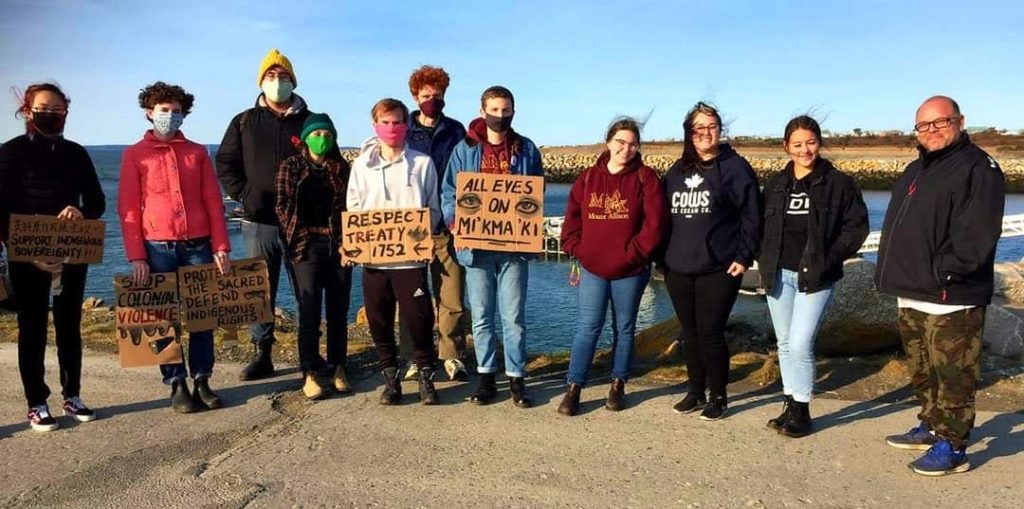

Mount Allison president Jean-Paul Boudreau and the Mount Allison Students’ Union have released statements condemning the anti-Indigenous violence in Mi’kma’ki (Nova Scotia).
Second year voice student and Indigenous student support group (ISSG) secretary/treasurer Rowan White says the statements are appreciated, but more work needs to be done.
White, who is from the Qalipu Nation of Ktaqm’kuk in Mi’kma’ki, visited the Saulnierville wharf with the ISSG and Divest Mount A volunteers to provide support.
RW: So our group has been going down in person to help organize move supplies, document what’s going on. We’ve also been gathering financial donations, donations of physical goods and storing them and bringing them down, as well as pressuring both the student union and university administration to put out statements and in support, both of which have been done.
MC: Do you have any thoughts about either of those statements?
RW: I was super touched that we are the first university and the first student union to actually make a public declaration about what is currently going on all through Nova Scotia. So I was really proud. The student union has been working directly with us to be super, super helpful and we really appreciate that. And of course, there’s always things to be done. But it’s a great first step.
MC: What can those who live on the unceded territory of the Mi’kmaq people do to support the fishers at the moment?… Continue
